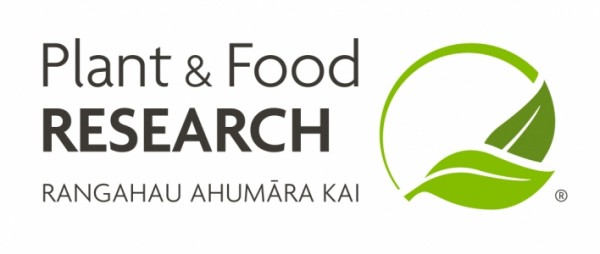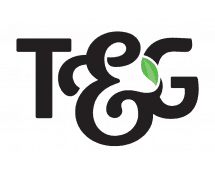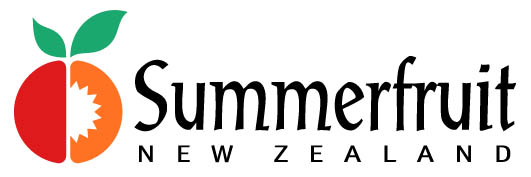Research
Conducting independent and applied research and product development in crop physiology, protection, enhancement and post-harvest.
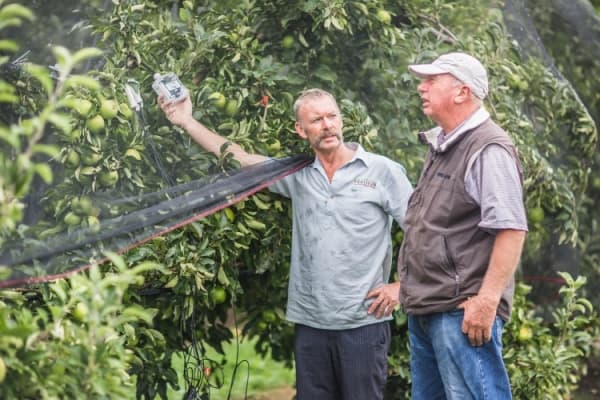
Industry Research and Development
We conduct applied research across a range of scientific disciplines including crop physiology, entomology and pathology. We are also involved in work on new variety development, crop load adjustment, canopy management, fruit quality and postharvest performance. Using our specialist skills in irrigation management we have completed crop water use modelling and regulated deficit irrigation trials for apples, grapes, kiwifruit and hops.
We often work collaboratively with other research agencies, service providers and growers to solve problems and progress new ideas.
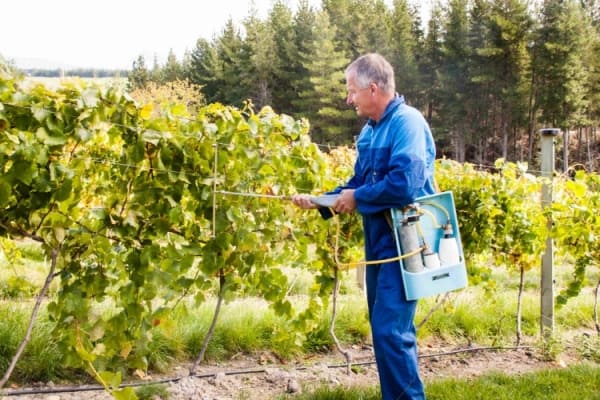
Product Development
We offer a complete service from trial design, treatment application, data collection and analysis and report writing for testing and evaluation of new products for horticulture. Products have included fungicides, insecticides, fertilisers, bio-stimulants, beneficial insects as well as products such as reflective cloth and management practices to enhance crop performance.

International Collaboration
We maintain active communication and collaboration with growers, consultants and research providers from other countries so that we can keep up with new technology and innovation.
Fruition is collaborating with Dr Terence Robinson and his team at Cornell University to develop the Cornell Apple Carbohydrate model. The model uses solar radiation and temperature data to predict the trees carbohydrate status and sensitivity to chemical thinning.
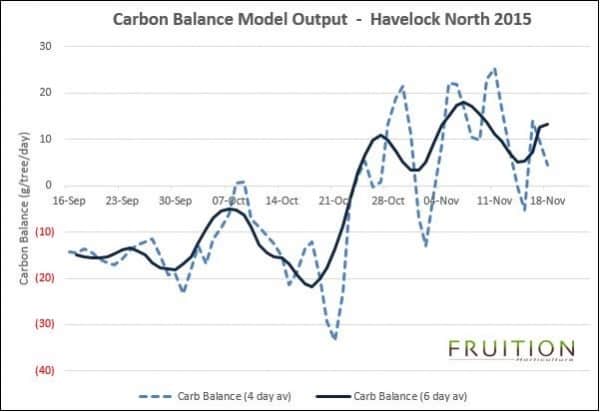
This plot of Carbon Balance for Havelock North in Spring 2015 shows that there was a period of carbon deficit over bloom (approx. 7-21 Oct) and that after this date the carbon balance was positive. This data indicates that trees were moderately receptive to bloom thinners and in the subsequent fruitlet thinner interval, they became more difficult to thin because their positive carbohydrate status.

Trial work with the new photosynthetic inhibitor, metamitron, has demonstrated the usefulness of the model in determining the required rate for efficacy. Another Cornell developed tool, the Fruitlet Growth Model, gives an early assessment of thinning response and helps to decide whether any follow-up treatments are required to get closer to target crop load levels.

